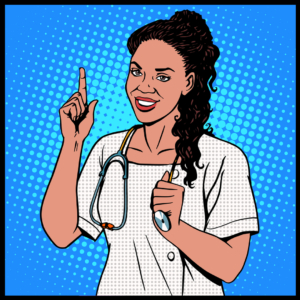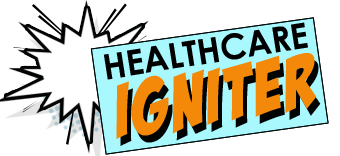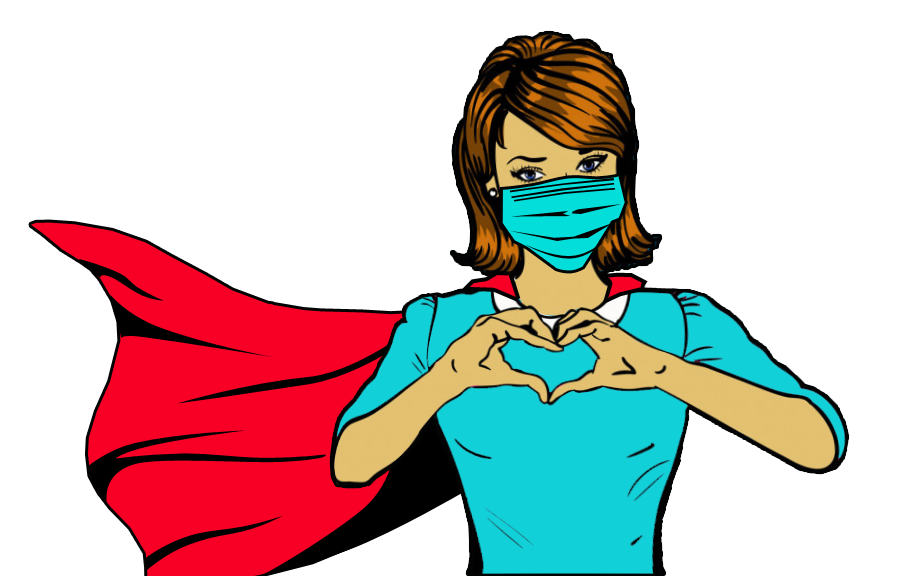The Hero Training Academy: Healthcare jobs require various levels of education depending on your career path
Depending on what the situation might entail. Some occupations only require a certificate or an associate’s degree, where others might need a more advanced degree like a bachelor’s, master’s, or doctorate. And then, of course, there are other factors, like experience, that can determine your specific suitability for specific Jobs.
Associate’s degrees – The often overlooked but valuable sidekicks
 Associate degrees in healthcare generally take about two years to complete for most full-time students. If you’re doing an online program, you can usually also have a full-time job and still feasibly pursue your education in a reasonable amount of time. A degree with this short of a period helps to catch you quickly into the workforce and get experience in the industry, thus helping to qualify you for a more advanced healthcare position in the future.
Associate degrees in healthcare generally take about two years to complete for most full-time students. If you’re doing an online program, you can usually also have a full-time job and still feasibly pursue your education in a reasonable amount of time. A degree with this short of a period helps to catch you quickly into the workforce and get experience in the industry, thus helping to qualify you for a more advanced healthcare position in the future.
Healthcare jobs like a pharmacy technician, or positions in medical records, a doctor’s assistant, or in health information require only an associate’s degree and possibly an additional certification. Some examples of this will be if you want to become something like a nurse or an MRI technologist.
All super teams need their sidekick colleagues. Sidekicks are not valued less, but more! Just because they are not the star of the show every single day, doesn’t mean they are just there for dramatic interaction. They are still heroes in their own right. They are an important part of the team and life would not be the same without our friends who work so hard. Doctors and Nurses tend to get the lion’s share of the glory, but the rest of the healthcare workforce are our champions as well!
Bachelor’s degree
Some career paths are not accessible with only an associate’s degree, even with additional certifications. Sometimes you need a bachelor’s degree to qualify for a particular healthcare job. Some examples of this are medical service administrators, nutritionists, therapists, etc. Different licensure may be required for certain healthcare professions.
As a student in the healthcare field, there’s no shortage of programs from which to choose, whether you were looking for a campus experience or an online program. Some online programs have an accelerated path. Many programs have A hybrid of coursework online and in-class or follow a cohort experience, which is often seen in nursing programs.
With this type of training, our protectors have a good set of super skills to fight off the evils attacking our health. They work together as a team doing battle every day as healthcare warriors.
Master’s degree
Now we are talking about some powerful champions who pummel disease and bash bacteria to help our society battle against illness and repair us after accidents. They are super leaders and help to train the up and coming future heroes.
If you’re considering a healthcare leadership position, many of these career paths require an advanced degree such as post-graduate studies in specific master’s degree programs with focus training on the particular career topic. Many master programs can be done entirely online, although some specialties require in-person hands-on training with equipment or patient care.

Doctoral program
These uncapped crusaders are often the star of the show wielding unnatural super emotional strength in times of trouble and taunt evil with their technical skills and vast knowledge.
A doctoral degree usually takes several years to complete; it is considered a terminal degree. If you wish to pursue a doctoral degree in teaching it the university-level work in private practice as a professional or be at the top of your career path as a hospital administrator or a highly specialized field, you are likely going to want to pursue a doctoral degree. Generally, doctoral degrees are either research-focused or practice-based, depending on your specialty.
As you can see, there are many different avenues to enter the healthcare profession, and depending upon your level of schooling, experience, and field of study; you will be able to select various career goal endpoints. Some education only requires a few semesters worth of credits, while others can take 7 to 10 years worth of work. There are options for attending classes on campus, online classes, or a hybrid of courses depending on your chosen path. And for most of these, you can work full-time or almost full-time while taking your class load.
If you’ve already started your journey in the healthcare profession, you may just be looking to advance your skillset to move up the chain in your institution to become a specialist, a manager, administrator, or educator. One of the best ways to do this is to further your healthcare education.
The healthcare industry is very stable and always seems to be growing. There is currently a shortage of skilled workers in several fields of study. Advancing your knowledge can help you move into the health career of your choice.
Career Paths
There is all kinds of demand for the many various healthcare jobs, no matter if you have zero experience or have worked in the industry for 10 years. You just need to have the desire to help people and be willing to put in the hours and training required for your desired path.
For instance, if you get an Associate’s degree, you could become a Medical Assistant. In this position, you could work in a doctor’s office assisting with administrative tasks. It is a great foot in the door type of position to start your journey into healthcare. Perhaps you can use it as a starting point to get a little experience in the industry while you go to school to get more education.
Or maybe you go to school for your Associate’s Degree in the field of nursing and work as a registered nurse (RN) or a licensed practical nurse (LPN), sometimes called licensed vocational nurses. In this position, you might be working in a clinic or hospital or even a nursing home giving patients care by monitoring vitals or administering medicine and keeping track of their stats and annotating the patient’s progress.
If you decide to go after your Bachelor’s degree in Nursing then you are likely to get a higher paying job as a Registered Nurse. And with a little more schooling, get an MSN ( Master of Science in Nursing) and maybe use this opportunity to get into leadership or educating other up and coming nurses. And with an FNP, in some states, be able to prescribe medications and practice without being directly supervised by a doctor.
What super skills do you need?
Different skill sets are needed depending on the healthcare career path you take. Some knowledge in science is obviously a good base to have, however, being able to solve problems, communicate clearly, have attention to detail, and apply new knowledge are all good skills to have and nurture.

